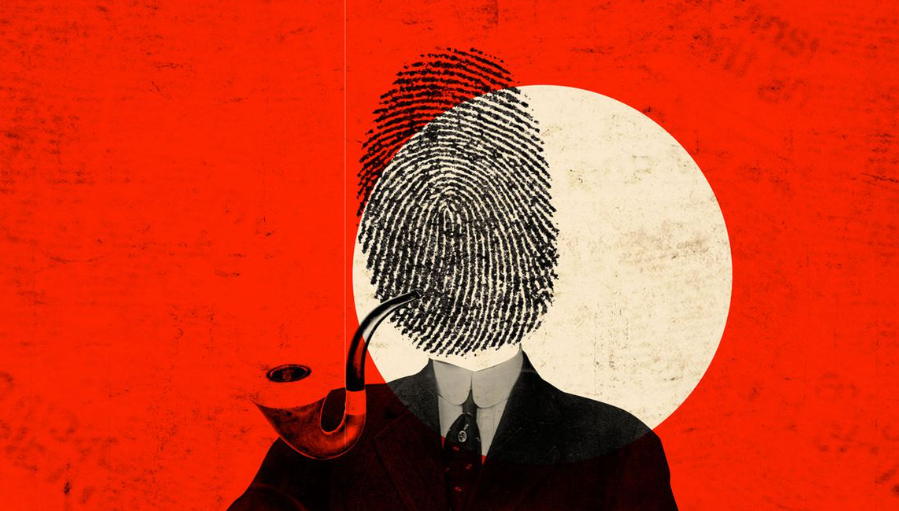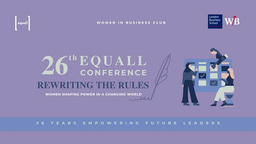Research Outline: Can Our Consumption of True Crime be Justified?

True Crime is not a modern phenomenon, but contemporary inventions have propelled the genre to unprecedented levels of popularity . For example, a 2024 study found that 84% of the US population aged 13 and over actively consume True Crime. Over many years of watching/listening to True Crime documentaries, dramatisations and podcasts, I have come to find the genre to be somewhat dystopian.
The real catalyst for my desire to establish this research stemmed from encountering an edit of the arguably conventionally attractive actor Zac Efron, who played Ted Bundy, accompanied by the serial killer himself. There seems to be a thin line between Hollywood and reality. Major corporations are profiting from terrible tragedies. The genre often glamorises the cases, overlooking the victim and even romanticising the perpetrator. This piece of work will be informed by a trauma-sensitive approach. My aspiration is for my research to provide enough insight into what could be enacted to ensure that trauma victims feel safer under the harsh public eye after the actual crime has occurred. Although I have mostly focused on the downsides of the genre, I would also like to explore the possible positives. For instance, True Crime can raise awareness about injustices in the legal system and in cases in general. Some victims’ families even welcome publicity of their loved ones' cases as it could raise funding towards their case or the general idea of their loved ones' memory being immortalised through media coverage.
My research will involve secondary research where I delve deeper into the foundations of True Crime. Through the knowledge I have gained from this, I will formulate questions to collect my primary data asking people involved in True Crime about their personal experiences. Additionally I plan to interview some of these groups to produce more qualitative data. I will then present my findings from both the secondary and primary sources in a podcast format and aim to answer the question of whether our consumption is justified. Above all, I hope that my project serves as a source of reflection for all who dramatise victims' real-life horror stories, highlighting how their actions have actual repercussions. I am optimistic that this reflection will lead to a more ethical and justified publication of True Crime.
I would like to thank @Rebecca Shaw, @Matt Penhaligon and @Tess Hornsby Smith (she/her) for granting me the opportunity to be a part of this amazing programme. I would also like to thank Carl Hartley for agreeing to supervise my research and guiding me this summer. If you like True Crime and are interested in my research please do follow along or reach out!



Please sign in
If you are a registered user on Laidlaw Scholars Network, please sign in
What an interesting topic Isabel, I can't wait to hear more about your findings. You definitely should connect up with @Beth Norfolk, who is also in English at Leeds. There are overlaps with her research on "unideal" victims.
Thank you for your interest in my project and your very helpful tip! I will definitely connect with Beth to gain valuable insight.